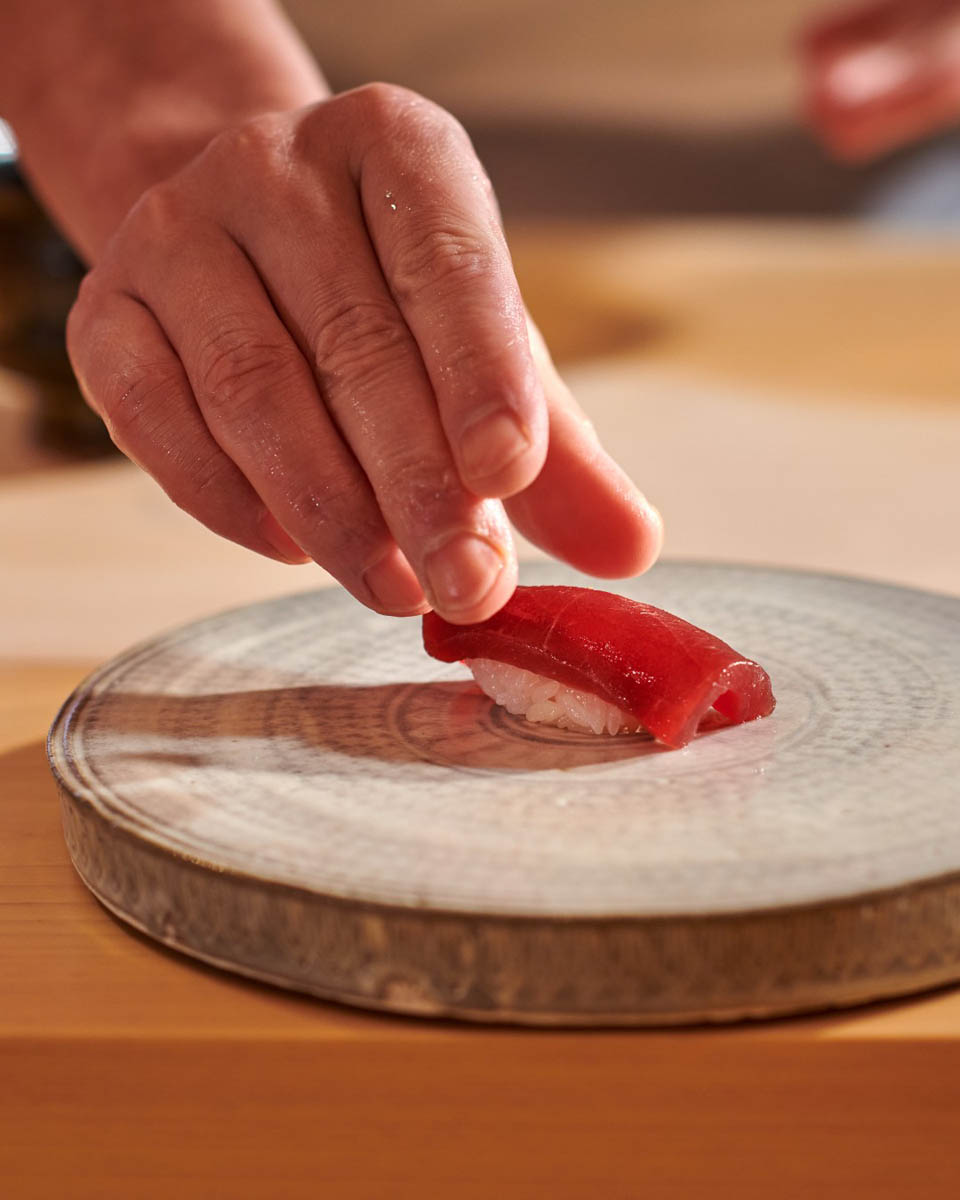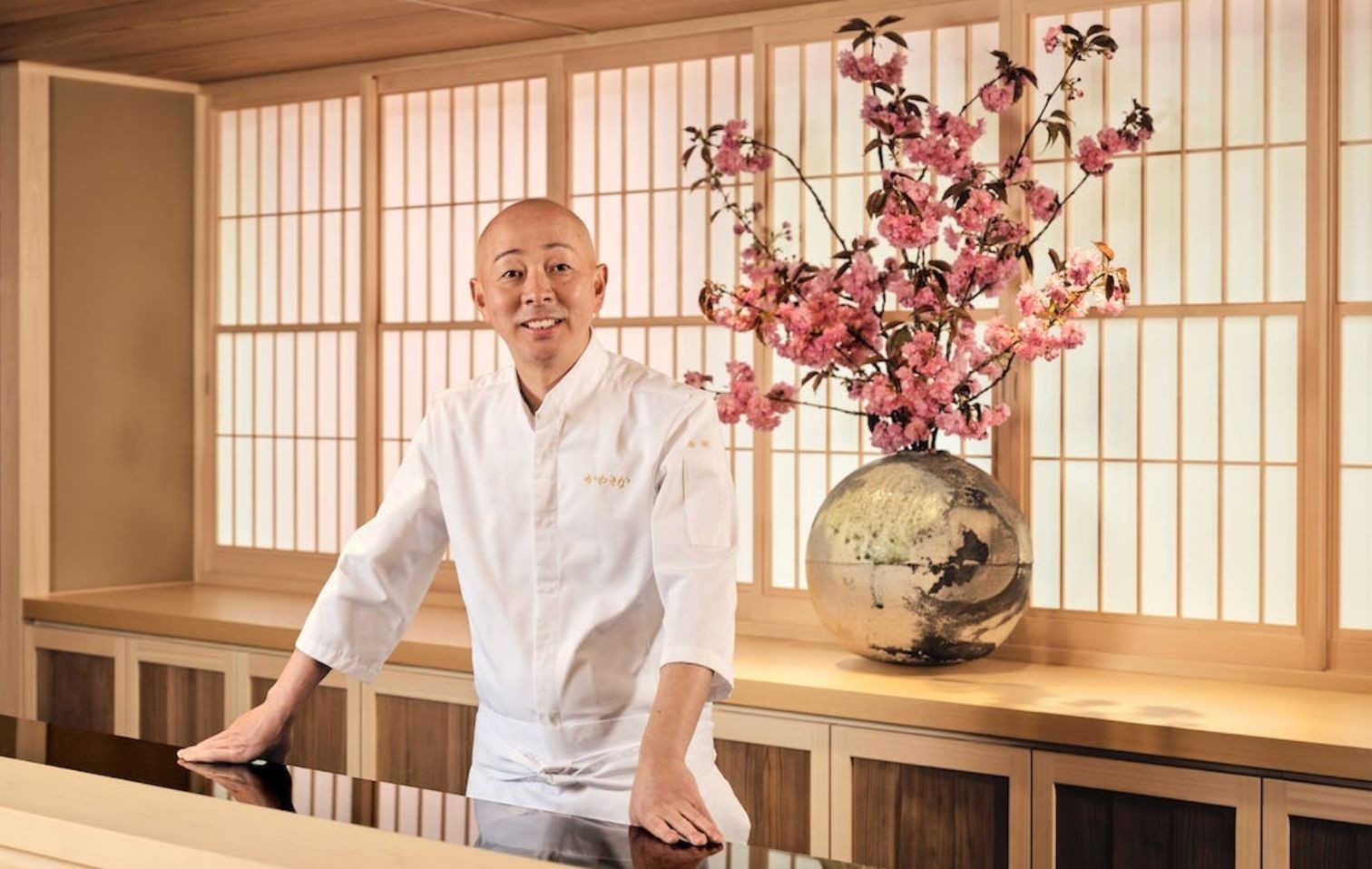At London's 45 Park Lane, the sushi restaurant Kanesaka, under the chef's discretion, forbids guests from wearing perfume. A somewhat peculiar request that has sparked a heated debate.
The news
Fragranced cosmetics have been known and used since the time of the Egyptians, around 5000 years ago, and even today, they remain one of the personal accessories that no one can do without. Depending on its composition, each perfume has its own intensity, and the choice of aromatic ingredients and their concentration affects both the specific aroma and its perceptual impact. Some people have worn the same fragrance forever, while others love to change, and then there are those who prefer subtle scents and those who prefer more persistent ones.
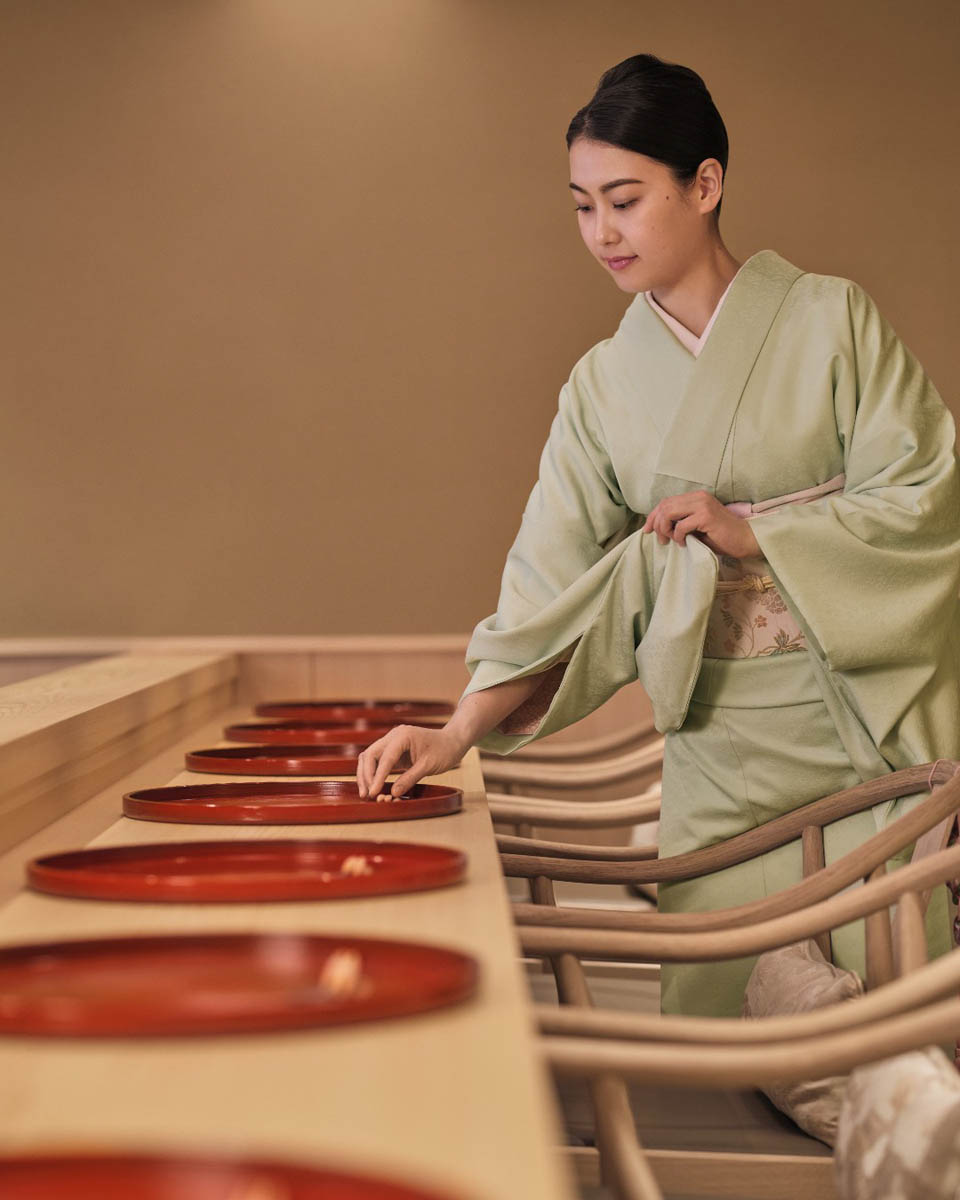
However, there is a place where, regardless of personal preferences, you are required to go without perfume, as explained in this Telegraph article. We are talking about the Kanesaka Restaurant. Part of the Dorchester Collection and directed by the eponymous chef Shinji Kanesaka (the mastermind behind the Michelin-starred brand in Tokyo), the restaurant is located at 45 Park Lane in London. At the affordable sum of £420 per person, you can enjoy up to twenty dishes prepared right before your eyes. What caught attention, though, are neither the prices nor the fact that it can accommodate only 13 diners at a time. What's intriguing is the dress code required for entry.
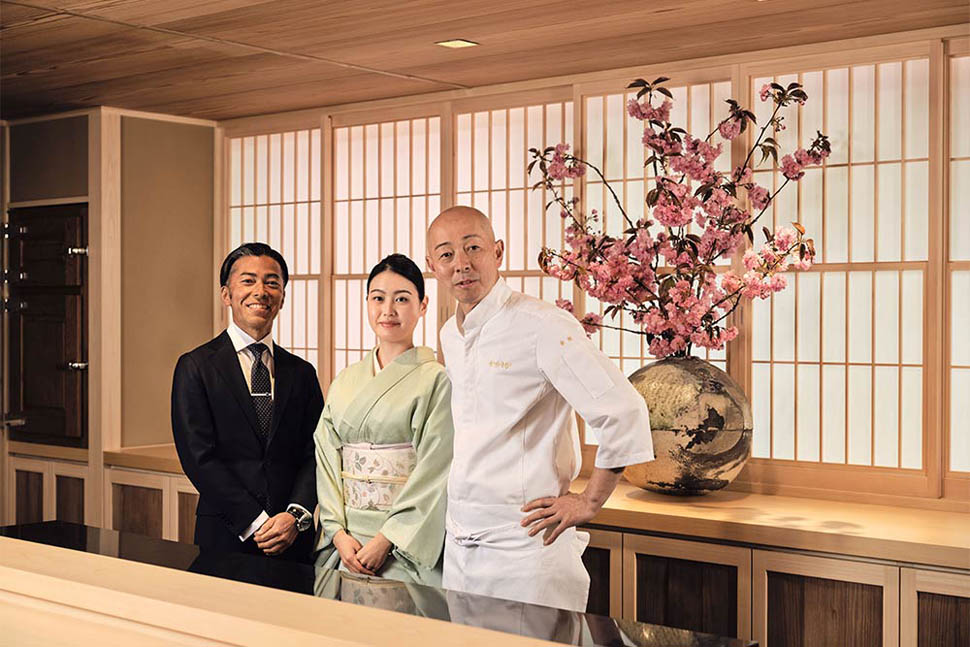
In line with many other elite establishments, it stipulates that guests should refrain from wearing sportswear such as caps or sneakers - nothing unusual so far. But what piqued curiosity is the note in the dress code regarding guests' eau de toilette: there is always a ban on using perfumes before dining in this exclusive establishment.
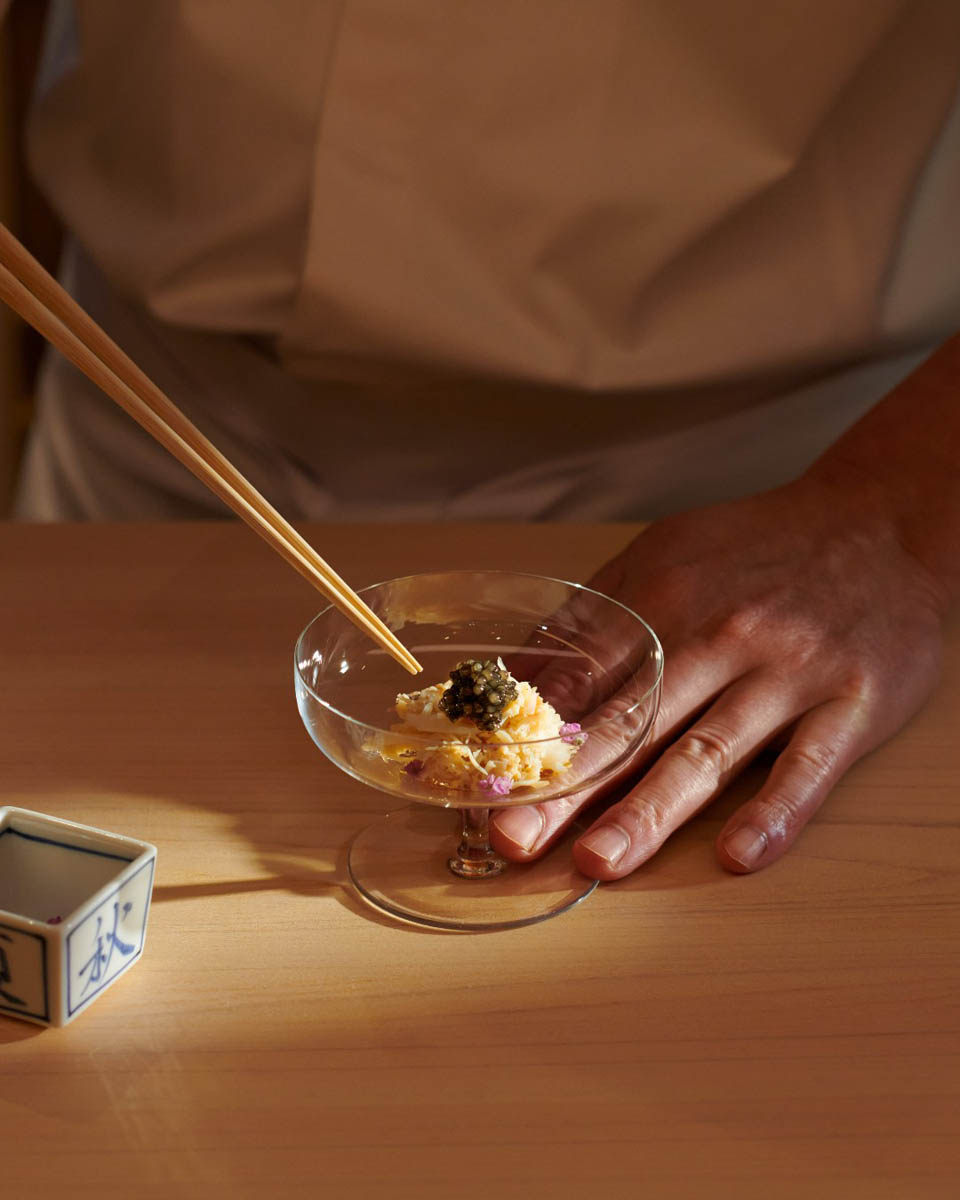
The request reads as follows: "To ensure the best sushi experience for you and your fellow diners, we kindly ask you to refrain from wearing perfumes." The reason for this seemingly bizarre choice is simpler than one might think: overly strong fragrances could mask the scent of the vinegar used in Japanese preparations, potentially making it difficult for the chef by "nullifying" the olfactory power of one of the main ingredients used. The news has created a clear divide in opposing opinions.
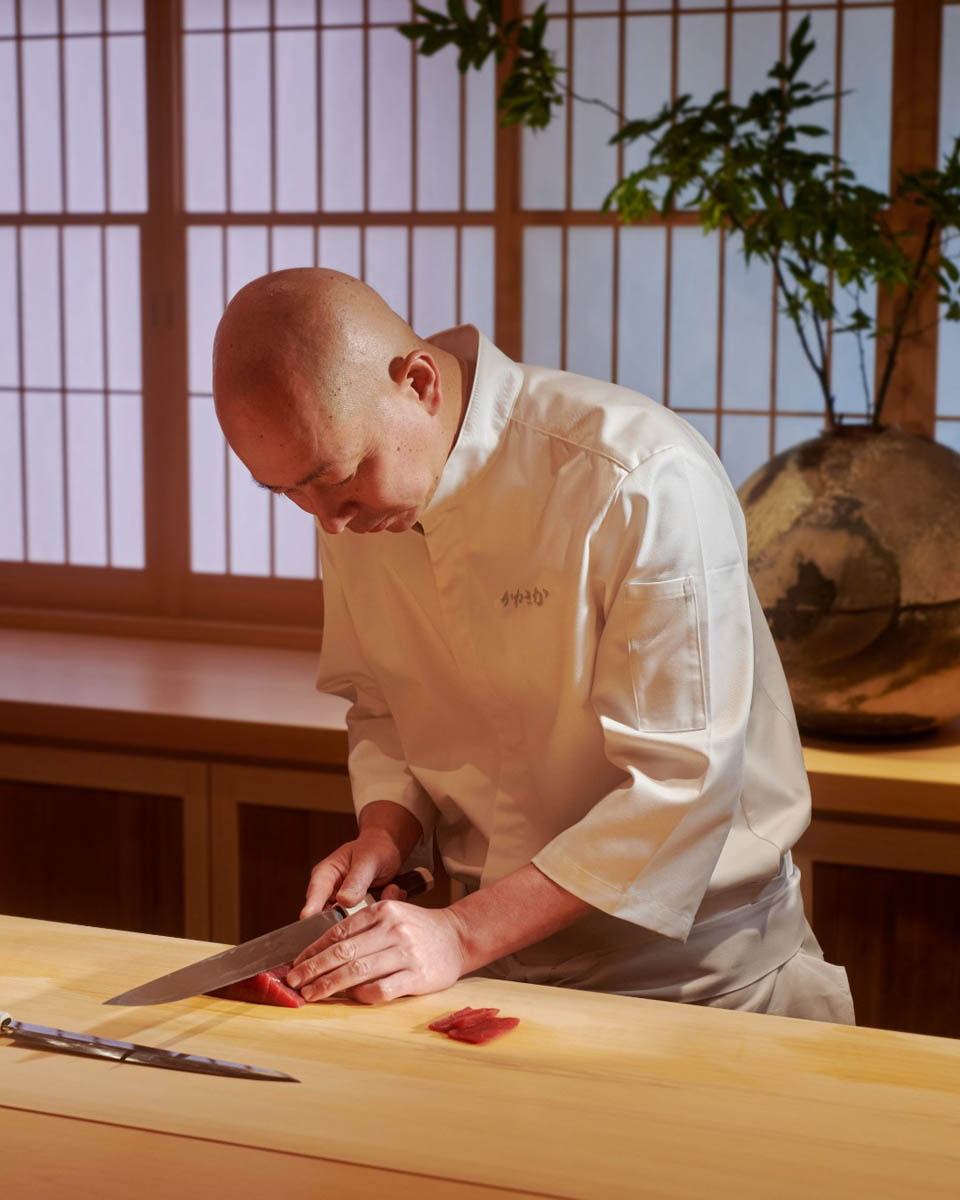
Oisin Rogers, the former owner of The Guinea Grill, referred to these demands as "paternalistic and bizarre nonsense" through a tweet, taking a stance against this choice. But there are also those who align with the chef's thinking, as confirmed by the Wine and Spirits Education Trust, which, before tastings, advises not to spray oneself with perfume to avoid influencing one's olfactory perceptions. Others also recall how in the past, the ban on using perfumes was extended to restaurant staff to avoid "contaminating" the kitchen's odors.
All photos from Kanesaka London's official webiste
